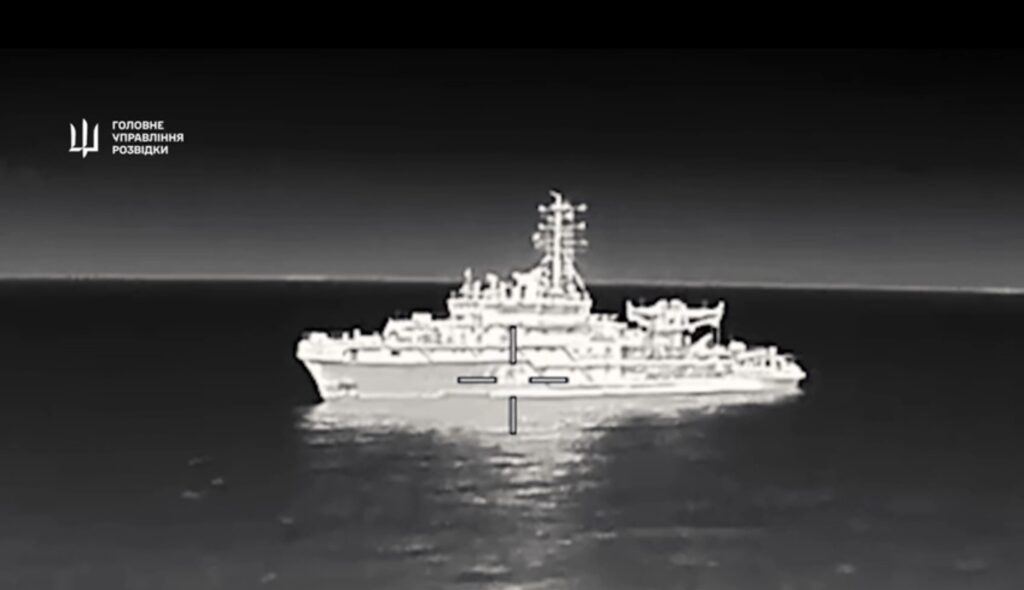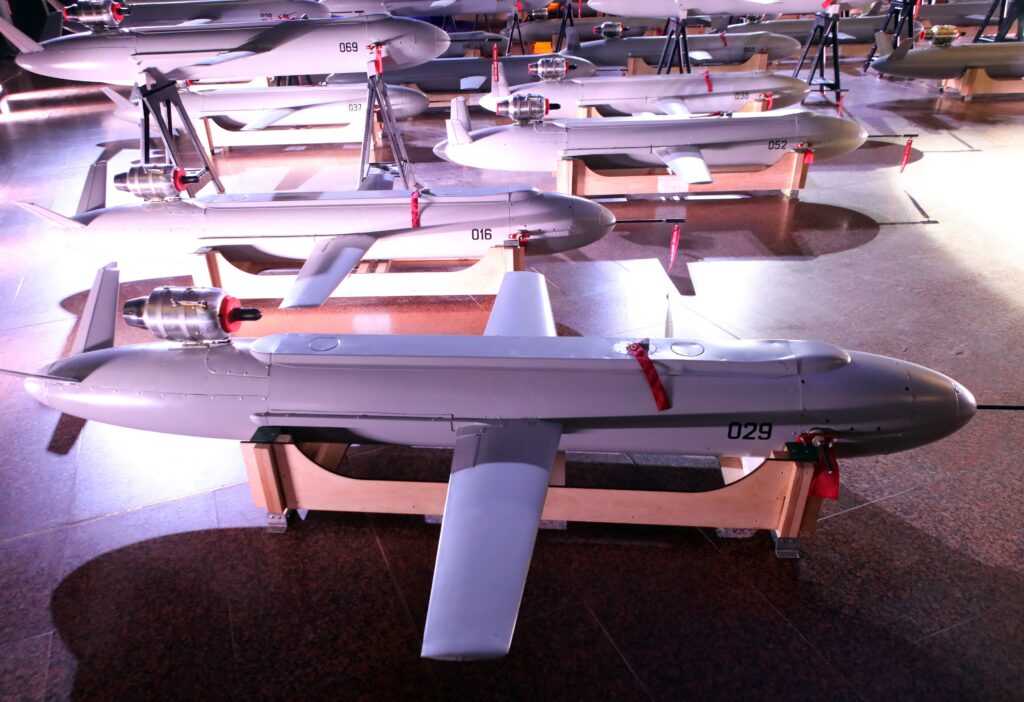Nielsen slammed for counting occupied Ukrainian lands as new Russian regions

In June 2025 NielsenIQ’s Russian subsidiary began treating occupied Ukrainian territories as “new Russian regions” in its market surveys, prompting condemnation from Ukraine and concerns about the company’s adherence to EU and US sanctions.
No democratic country recognizes these annexations. By referring to Ukraine’s occupied regions as “new territories of Russia,” Nielsen’s Russian branch effectively legitimizes Moscow’s illegal land grab and undermines international law. Such framing not only echoes Kremlin propaganda but also contradicts the global effort to hold Russia accountable for war crimes and aggression.
Nielsen Russia’s data shows how including these areas inflated market growth figures. The company claims these territories account for 2–3% of beer sales. Growth rates jumped from 6% to 10% when including the new regions. This framing legitimizes Russia’s attempted annexations. It creates an illusion that the occupation has become normalized.
Konstantin Loktiev, executive director of Nielsen Russia, made even more cynical statements. He called residents of occupied territories a “new consumer group.” He speculated about the “economic potential” of regions that Russia’s war has devastated. He added that companies entering the market first would gain loyalty from this “new audience.”
The Ukrainian coalition B4Ukraine unites more than 90 organizations. It sharply condemned Nielsen’s move:
“Recognizing illegally occupied Ukrainian territories as ‘new Russian regions’ makes an unacceptable concession to the aggressor. Such steps legitimize Russia’s attempted annexation and undermine international efforts to stop its war,”
NielsenIQ’s Chicago headquarters has remained silent. The company ignores repeated media inquiries. This refusal to comment deepens suspicions that Nielsen deliberately disregards sanctions.
Nielsen claims it deconsolidated Russian operations. However, company documents confirm Nielsen still owns Russian subsidiaries, including Nielsen Data Factory LLC. Official figures show Russia accounted for about 0.6% of NIQ revenues in 2024. The company insists its Russian entities operate with local management and autonomy. But financial ties remain murky.
Nielsen has faced criticism before. In March 2022, Russia launched its full-scale invasion of Ukraine Nielsen limited some operations but chose not to exit the Russian market entirely. Hundreds of other international brands made complete exits. More than two years later, questions about Nielsen’s compliance with sanctions and international norms have intensified.
B4Ukraine urges US and EU authorities to investigate Nielsen’s practices. The coalition wants officials to determine whether Nielsen breaches sanctions:
“Nielsen must face consequences for effectively siding with the Kremlin’s war criminals. This involves more than ethics it’s about international security,”




